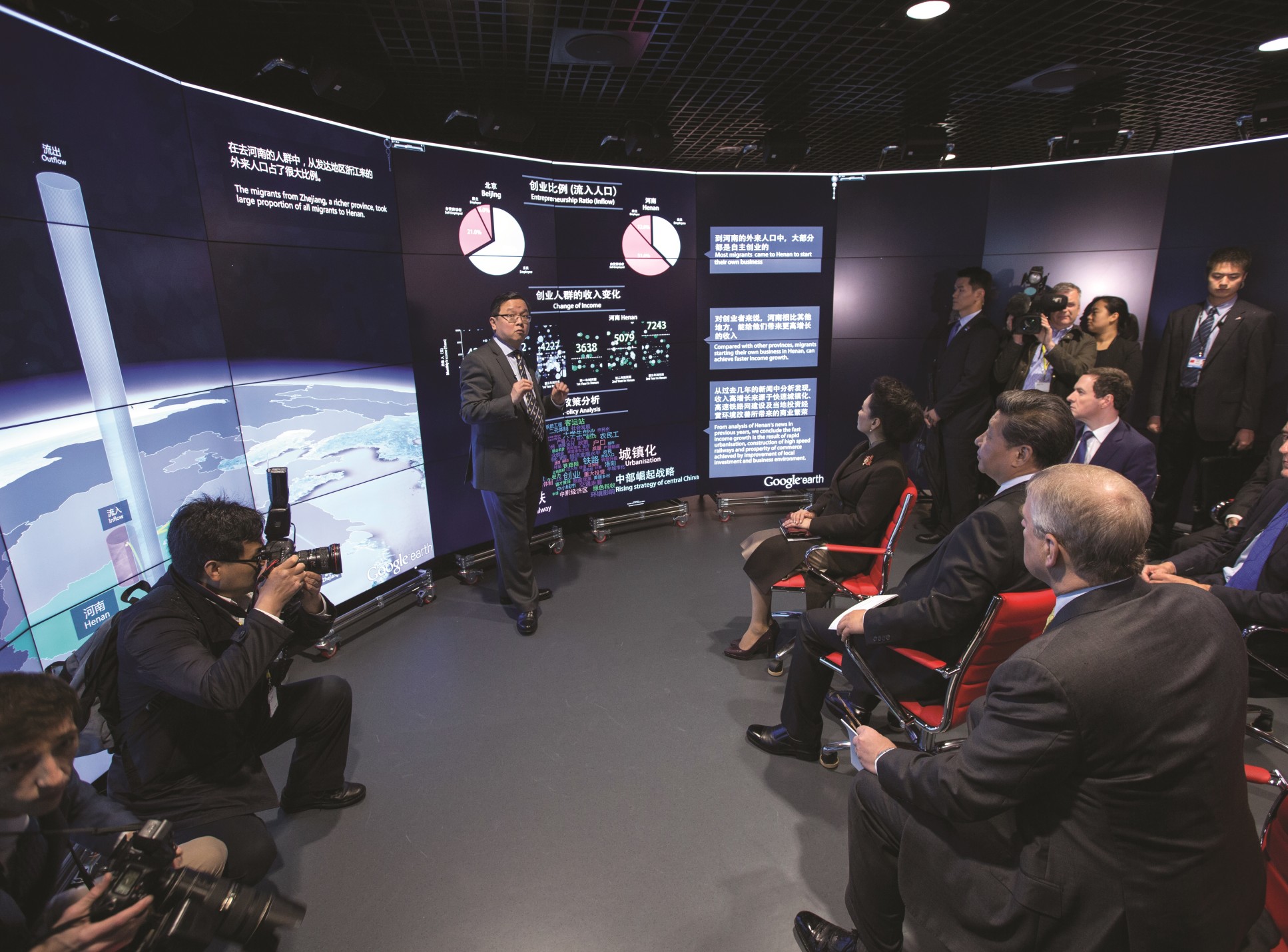Make an impact
Make an impact
Our research changes the world.
We communicate and translate our research in order to benefit society. Every day, individuals, policy makers and business leaders face questions that require an understanding of the natural world, technology, medical advances and business analysis. Our expertise and knowledge enable us to provide factual evidence and advice to decision makers in government and business and help to inspire a love of discovery and curiosity in the public.
"Our expertise and knowledge enable us to provide factual evidence and advice to decision makers."
The impact of some research is evident immediately. During the Ebola crisis of 2014–16 in West Africa, for example, researchers at the MRC Centre for Global Infectious Disease Analysis analysed disease data in real time to inform government, military and NGO policy at a strategic level. In other cases, it can take years, or even decades, before the true value becomes apparent. Professor Steve Bloom’s pioneering research into the influence of gut hormones on appetite regulation during the 1980s led to the development of appetite reduction therapies and two spin out companies. He is now, some thirty years later, working with Professor Chris Toumazou to develop a microchip capable of to recognising and processing signatures of appetite, to mimic instructions to the brain and reduce the urge to eat.
There are no simple predictors of potential benefit or outcomes, and no single measure of impact. The 2014 Research Excellence Framework exercise ranked our research higher than any other major university for impact. However, our true impact runs deeper than that: from nanobiotics for medicine to uncovering water elsewhere in the Solar System.

A data visualisation created by the Data Science Institute in collaboration with Zhejiang University, China. Researchers have visualised the Chinese floating population and urbanisation on the Data Observatory, making it easier to interrogate the data and communicate results. It showed that migrants to Henan province are generally young and well educated, and research has determined that accessibility, business start-up oriented policies and rapid urbanisation are the key reasons for this.
None
Improving the performance and management of mass transit sys
The Transport Strategy Centre (TSC) (RTSC) is a centre of excellence that carries out research in the field of public transport operations and management, and transport economics and policy. The Centre has renowned expertise in the initiation, facilitation and management of multi-year international benchmarking projects.
The Centre has developed methods to evaluate the performance of mass transit systems, which have been applied in 60 of the world’s major cities. The financial benefit, as quantified by mass transit operators, has been in excess of £0.5 billion between 2003 and 2013. Research impacts include cost savings for escalator renewal by London Underground, influencing fares policy in Hong Kong, and the adoption of performance measurement systems by Chinese metros.
Maintaining biodiversity through forest cover
Dr Cristina Banks-Leite, from the Department of Life Sciences, has devoted her career to saving the forests of São Paulo, which have suffered great losses due to deforestation for agriculture.
Her research has paved the way for the restoration of a fragile forest ecosystem, safeguarding the biodiversity of the region and providing vital water security for the farmers and residents of Brazil’s most populous state. Dr Banks-Leite identified the minimum forest cover required to maintain biodiversity (30 percent), a threshold that has now been employed as the official target for restoration in the Atlantic Forest by the Brazilian government.
Dr Banks-Leite is now looking to apply her methods to other biomes around the world.


